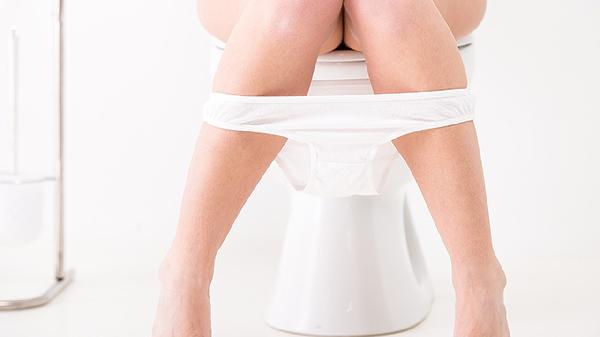The female private area is very sensitive and tends to stay in a moist, warm environment for extended periods, providing an ideal breeding ground for bacteria. It can be said that the private area is a key area for women to protect, and it is essential to master the correct cleaning methods.
How to properly clean the private area?
1. Use warm water for cleaning
The private area harbors a significant amount of bacteria and dirt. It is best to use plain water for cleaning and avoid using cleaning solutions or adding other herbal medicines or cleansers to the water. After boiling the water and pouring it into a basin, it can be used once the temperature drops to 40°C. Avoid using water that is too hot as it can damage the mucous membranes of the vulva, weaken the defense system of the private area, and make it easier for bacteria to invade, potentially leading to related gynecological inflammations.
2. Master the correct cleaning sequence
When cleaning, separate the labia majora and labia minora and clean from front to back. After each bowel movement, carefully clean the anal area. Additionally, do not miss the groin area; use the pads of your fingers to gently clean the groin from top to bottom. For those who are overweight, spread the folds and clean them thoroughly, then rinse with flowing warm water. Vaginal discharge is a normal physiological response in women and can directly indicate reproductive health. Over-cleaning the discharge may allow pathogens to invade, leading to severe gynecological inflammations. If there is excessive discharge, a small amount of salt or baking soda can be added to the water to achieve an anti-inflammatory and disinfecting effect.
3. Avoid frequent cleaning of the private area
The skin of the private area lacks a stratum corneum and granular layer but contains a large number of blood vessels and nerves. Normally, it should be in a slightly acidic environment. Over-cleaning the private area can destroy the protective film on the mucosal surface, increase dryness, and alter the normal pH balance, leading to microbial imbalance. If it is in a normal state, plain water is sufficient for cleaning; avoid using intimate washes indiscriminately. If there is an infection, opt for a mild intimate wash to avoid irritating the skin and impairing its self-cleaning ability.
Friendly reminder
Due to the influence of estrogen, vaginal secretions are in an acidic state, which helps prevent bacterial invasion. Avoid using shower gel or soap when cleaning, as these alkaline substances can neutralize the acidic environment of the private area, disrupting its normal state and making it susceptible to bacterial infections. The unique physiological structure of the vagina, with the labia closing to prevent bacterial invasion, provides a self-protective function. Frequent cleaning can disrupt this mildly acidic environment and reduce its self-protective ability.
























